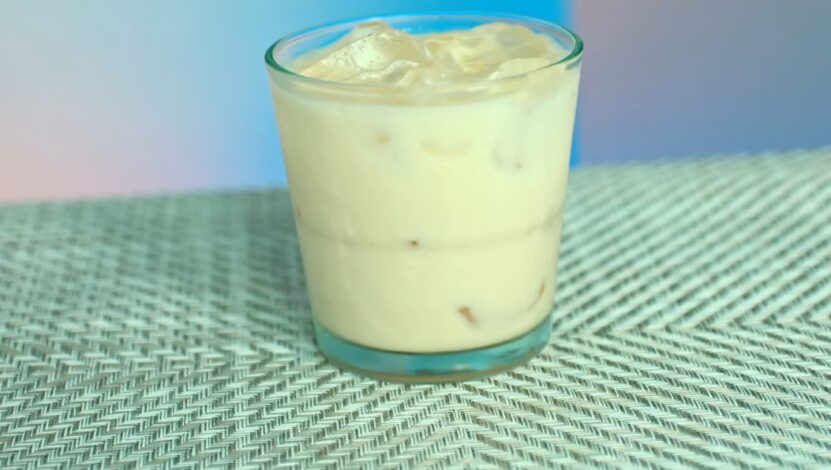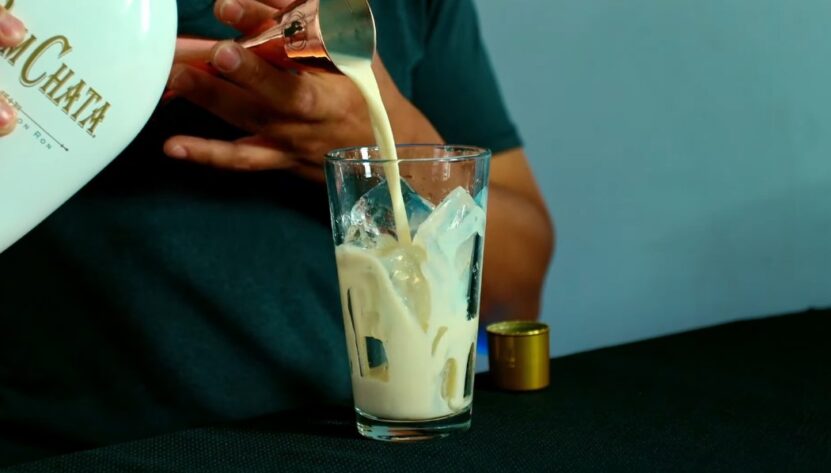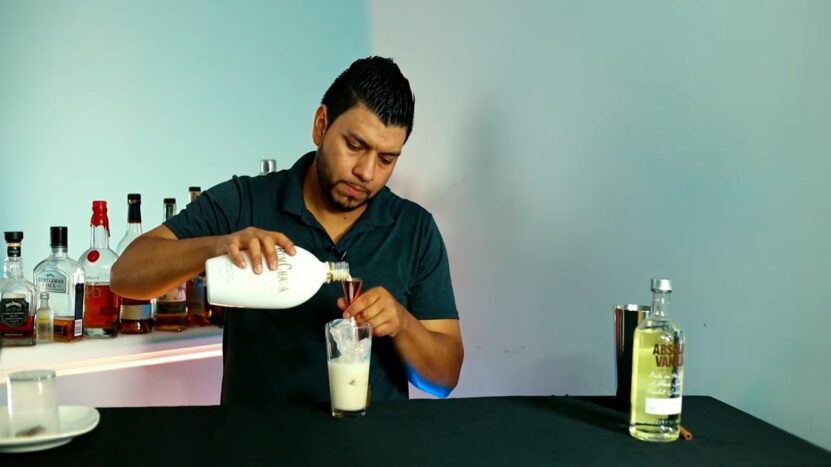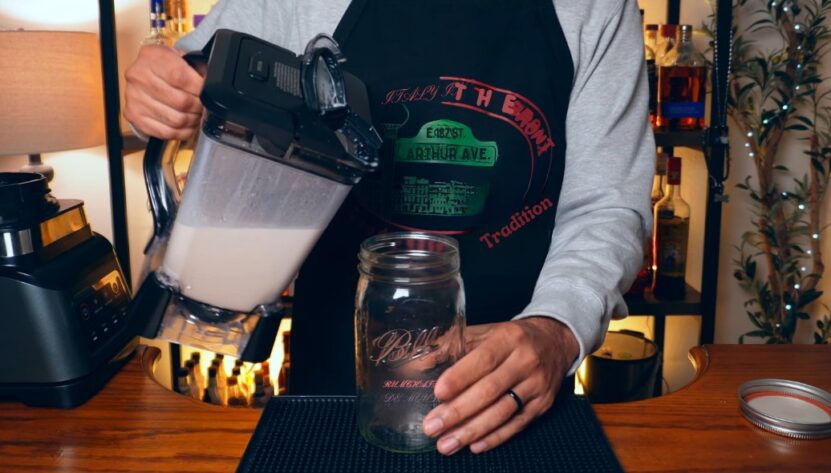Today we’ll talk about one of my favorite liqueurs – RumChata. It’s a blend of Caribbean rum, dairy cream, cinnamon, vanilla, and other flavors that create a smooth taste that sets it apart from other drinks.
However, like most other beverages, this drink is not immune to spoilage.
In this blog post, we will explore the signs of spoilage in RumChata and the importance of recognizing them to ensure you stay safe.
Shelf life

RumChate, like most liqueurs, has a typical shelf life of approximately two years.
However, this is just a general guideline, and the actual shelf life can vary depending on various factors.
They include storage conditions, exposure to heat and sunlight, and the presence of contaminants.
Signs of spoilage
To determine if it has spoiled, pay attention to its appearance. Changes in color or texture can indicate that the liqueur has gone bad.
If you notice clumps, separation, or curdling, it’s a clear sign of spoilage.
Alongside visual cues, unusual odor can also tell you it’s time to throw it away. Spoiled drinks may emit a sour or rancid smell (like a vinegary or spoiled milk scent), indicating the presence of bacteria or other harmful microorganisms. If the aroma seems off or unpleasant, it’s best to proceed with caution.
How important is proper storage?

The liqueur should be stored in a cool, dark place away from direct sunlight and extreme temperatures.
Exposure to heat can accelerate the deterioration process and increase the risk of spoilage.
It’s also important to store it upright and tightly sealed to prevent air or contaminants from entering the bottle.
Oxygen and foreign particles can degrade the quality of the liqueur over time.
How to extend shelf life?
Keep it away from direct sunlight and store it in a cool environment, such as a pantry or cellar. The cooler temperature helps slow down the chemical reactions that lead to spoilage.
Also, avoid extreme temperatures as that can also accelerate the spoiling. You can also read about Coquito’s shelf life.
Can you consume spoiled RumChata?

Spoilage can introduce harmful bacteria or mold into the liqueur, leading to foodborne illnesses or other side effects.
If you suspect your liquor has been spoiled, it’s best to discard it rather than risk consuming a compromised product.
DIY RumChata – a safer alternative
For those concerned about the shelf life and potential spoilage of commercial RumChata, a safer alternative is to make a homemade one.
By preparing it yourself, you have control over the ingredients and can ensure their freshness.
Recipes are widely available and usually involve a combination of rum, cream, sweeteners, and spices.





